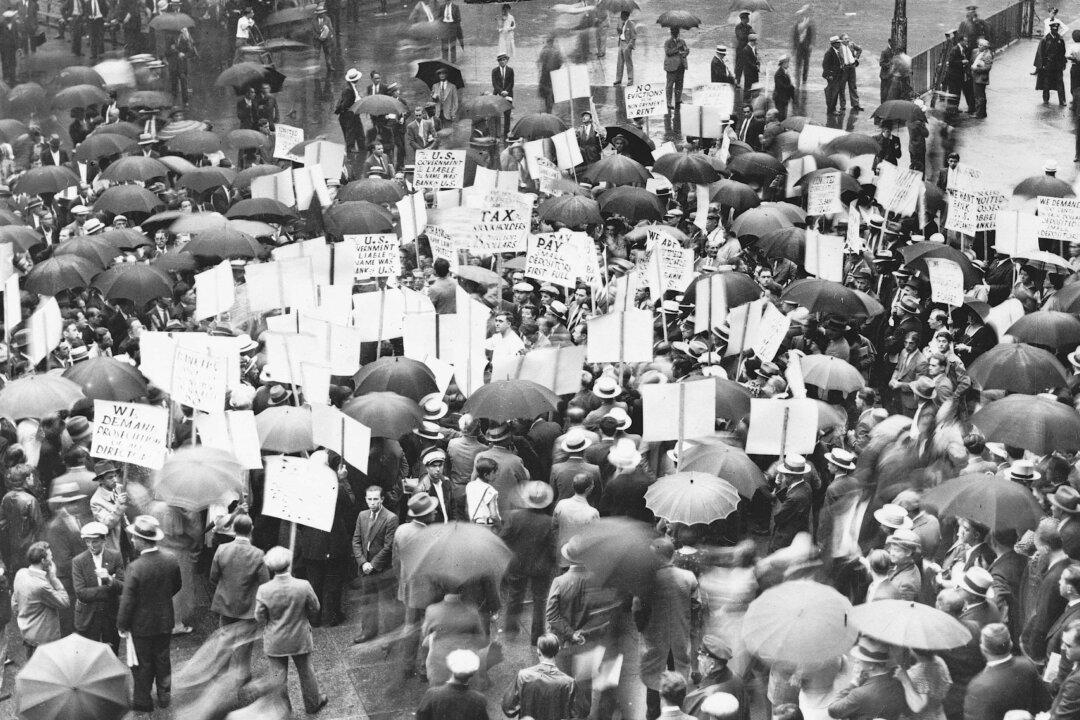Commentary
National emergencies have led to concentrations of power at the center and loss of influence and control on the periphery. The center is where the elite with money and power live, but most of us live on the periphery.

National emergencies have led to concentrations of power at the center and loss of influence and control on the periphery. The center is where the elite with money and power live, but most of us live on the periphery.